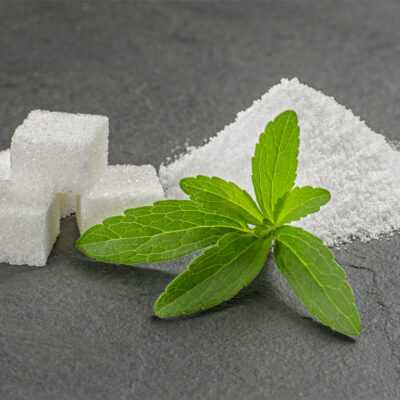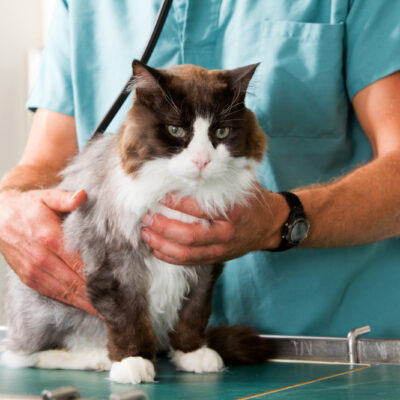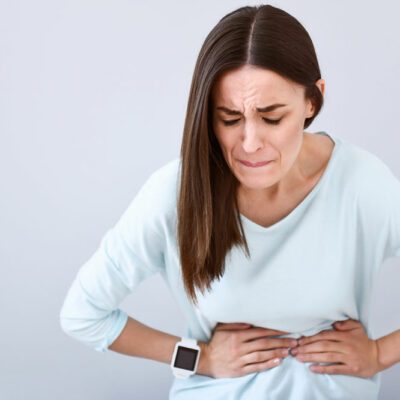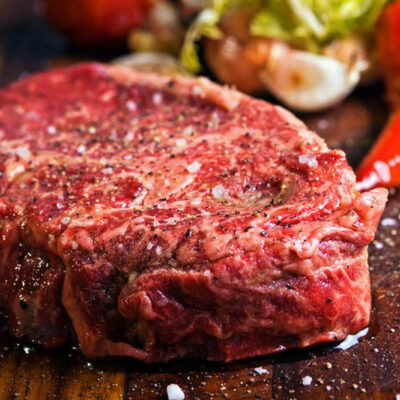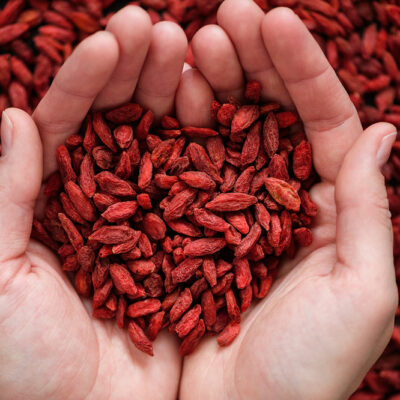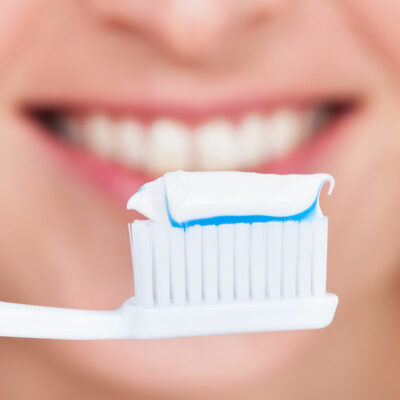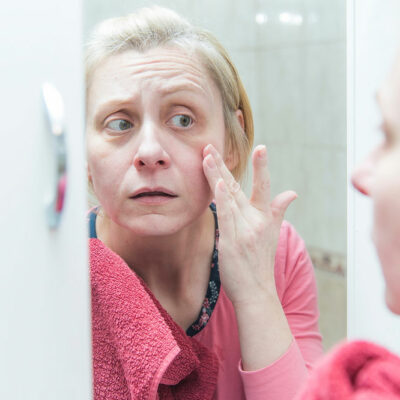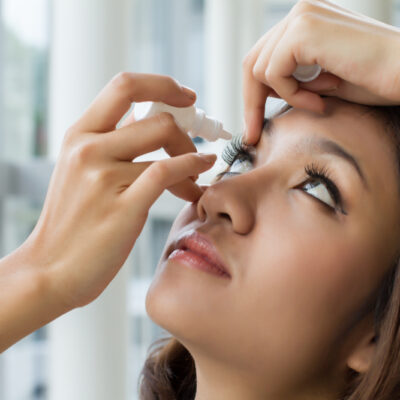
Health
Tips to Prevent and Reduce Dry Eyes
Dry eye is a condition that occurs when your eyes do not produce enough tears. Chronic dryness can cause eye irritation and also cause the eyes to sting and burn. Other symptoms include redness, sensitivity to light, stringy mucus around the eyes, and eye fatigue. There are several things that can cause dry eyes, including certain medical conditions, aging and prescription medications. The good news is that dry eyes can be treated easily in most cases using the following treatments: 1. Prescription and OTC eye drops Restasis is one of the medications that can increase the production of tears. They are eye drops that stimulate natural tear production. You need a doctor’s prescription to get Restasis. Xiidra is another eye drop that requires a prescription. It works by reducing inflammation, which is the root cause of eye disease in many cases. Additionally, you can use Systane. These eye drops are designed to reduce the discomfort that is caused by dry eyes. The solution helps naturally moisten the eyes. This is an over the counter (OTC) eye drop that you can purchase at most drug stores. 2. Castor oil Castor oil is a type of oil that’s derived from beans. It has medical uses, and it is often used as a laxative.
Read More 
